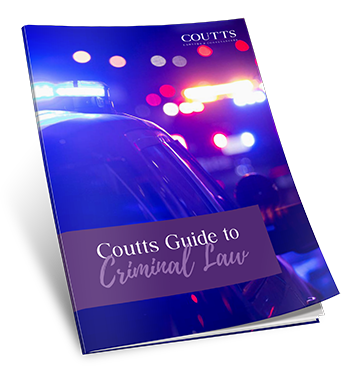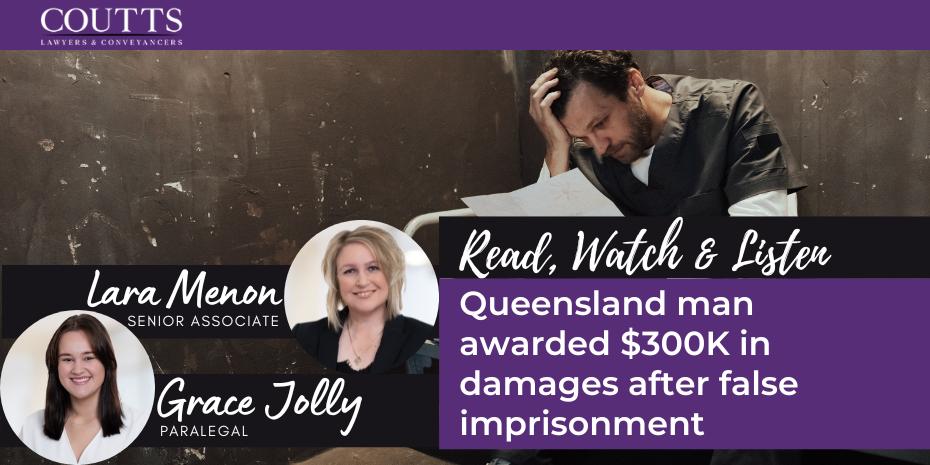We’ve Got You Covered

Lara Menon
Senior Associate
Book Your Break & Enter/Theft Consultation Now
What is classified as Break & Enter/Theft?
The crime of Break, Enter and Steal is contained in Section 112 of the Crimes Act 1900. In order to secure a conviction, the Prosecution must prove the following:
- That the accused broke and entered the premises described;
- Those premises were a dwelling house or building; and
- Having entered the property the accused stole an item of property.
In relation to “break”, although there is no definition contained in the Crimes Act 1900, it has been determined that there is a requirement that the accused forcibly gains access. Therefore, it is not breaking to walk through an open door. There is no “breaking” involved in further opening an open window (Standford v R (2007) 70 NSWLR 474), however opening a closed but not locked door would be sufficient to constitute breaking (DPP (NSW) v Trudgett (2013) 238 A Crim R 1).
If you have been charged with a break & enter / theft offence, the police must prove beyond a reasonable doubt that you did break into a house or other dwelling, you entered the property, and you committed the offence or intended to commit an offence. There are also general theft offences that do not have the requirement of break and enter. The crime of larceny is contained in Section 117 of the Crimes Act 1900. In order to secure a conviction, the Prosecution must prove the following elements beyond reasonable doubt:
- That the property belongs to someone other than the accused;
- That the property was taken and carried away; and
- The taking of the property was without the consent of its rightful owner.
In addition, the Prosecution would need to prove the following additional elements, which relate to the accused’s state of mind at the time of the taking:
- The property was taken with the intention of permanently depriving the owner of it;
- The property was taken without a claim of right made in good faith; and
- The property was taken dishonestly.
What can you do if you are accused of Break & Enter/Theft?
There is a defence available of “claim of right”, which is available where you believe you were legally entitled to the property. In addition, duress and necessity may be available.
If you have been charged with a theft offence, it is important to obtain legal advice as soon as possible.
How can Coutts help?
The Criminal team at Coutts have the expertise to represent you in court. There are a number of options available if have been accused of Break and Enter and it is important to obtain independent legal advice before attending Court. Contact us today!
What to Expect with Coutts Lawyers
Step 1: Initial Contact
Reach out to Coutts Lawyers via our website, phone, or in person. Briefly describe your matter.
Step 2: Consultation Appointment
Schedule and attend a meeting with a Coutts lawyer to discuss the specifics of your matter and desired outcomes.
Step 3: Information & Legal Advice
Share all related documents and information. Your lawyer will review everything, clarify aspects as needed, and then advise on the best action course.
Step 4: Action Plan Development
Based on the advice, an appropriate action plan will be formulated. This may involve communication, documentation processes, or further legal steps.
Step 5: Implementation
Execute the action plan, addressing a range of legal scenarios as necessary.
Step 6: Resolution & Closure
Navigate towards a resolution, with the path determined by the nature of the matter. Your Lawyer will outline any final actions or considerations.
Book Your Break & Enter/Theft Consultation Now
Introducing Lara
Your Compassionate Lawyer
Meet Lara, a Senior Associate at Coutts Lawyers & Conveyancers, and Head of our Criminal Team. Lara’s empathetic approach allows her to build a great rapport with clients. Her commitment to navigating the intricacies of criminal cases ensures she consistently strives for, and often achieves, the most favourable outcomes for her clients. Lara’s expertise and dedication make her a standout in criminal law.


Connect with Lara Today
Multi Award-Winning
Law Firm

Break & Enter/Theft FAQ’s
A conviction for Break & Enter/Theft can have severe legal ramifications, including substantial fines, restitution, probation, and potentially incarceration. The specific penalties will depend on the jurisdiction, the value of the stolen property, and whether any aggravating factors are present. Coutts can provide expert advice on the potential legal ramifications and represent the accused in court to ensure their rights are protected.
Yes, victims of Break & Enter/Theft may pursue civil remedies to recover their lost property or receive compensation for their losses, in addition to any restitution ordered as part of a criminal sentence. The Lawyers at Coutts can guide victims through the process of seeking compensation and represent their interests in civil proceedings.
Break & Enter/Theft charges can vary, often classified according to the value of the stolen property and whether the act involved any form of violence or threat. The degree or classification of the charge can significantly impact the potential penalties if convicted. Obtaining legal advice from experienced professionals like those at Coutts is crucial to understanding the specific charges and developing an appropriate defence strategy.
Defending against false accusations involves gathering substantial evidence to counter the allegations, such as establishing an alibi, presenting witnesses, and any other relevant information that can cast sufficient doubt to prevent the prosecution from proving the offence beyond reasonable doubt. Legal representation is crucial in such cases, and the team at Coutts can guide accused individuals through the legal process, ensuring a strong defence against false accusations.
Upon arrest, it is crucial to remain silent and request legal representation immediately. Any statements made can be used against the individual in court. Securing legal advice from a Criminal Lawyer, such as the experienced team at Coutts, ensures that the accused’s rights are protected, any potential defence protected, and proper legal procedures are followed from the onset.
Download your FREE Criminal Law Guide!



